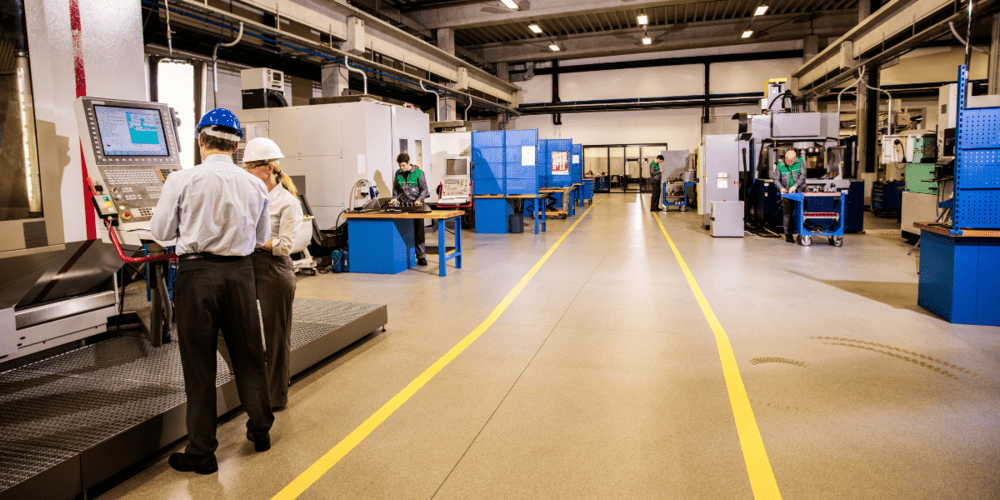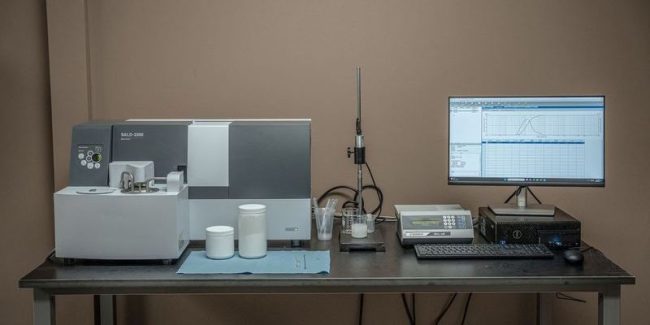
The Toll Manufacturing Process: From Concept to Reality
Ever wondered how some companies manage to bring their products to market so efficiently and without the hassle of setting up their own production facilities? That’s where toll manufacturing comes into play.
What is Toll Manufacturing?
Toll manufacturing (also known as contract manufacturing) is a business arrangement where a company outsources the production of specific components or an entire product to a specialized third-party manufacturer. The hiring company focuses on other aspects, such as product design, marketing, and distribution, while the toll processor handles the production.
What Types of Industries Use Toll Manufacturing?
Toll manufacturing is employed in many industries, including pharmaceuticals, food and beverages, chemicals, cosmetics, electronics, and more. It’s instrumental in industries where specialized expertise and equipment are necessary for efficient and high-quality production.
The Toll Manufacturing Process
How does toll manufacturing work? The process involves multiple stages, ensuring efficiency, quality, and cost-effectiveness while allowing businesses to scale their production capacity without investing in specialized equipment. A contract manufacturing agreement with a trusted third-party company enables businesses to focus on core operations while benefiting from specialized expertise.
1. Initial Consultation
The process starts with a detailed consultation between the hiring company and the toll manufacturer. During this phase, the two parties discuss project requirements, raw materials, quality standards, and production timelines. A well-structured toll manufacturing agreement ensures clear expectations regarding production capabilities, intellectual property protection, and supply chain management.
2. Prototyping and Development
Before full-scale production begins, the toll processing partner may develop prototypes or test samples to ensure they meet the client’s specifications. This phase allows for fine-tuning the process and identifying any necessary modifications. Having a third-party company with research and development expertise at this stage ensures that the final product aligns with industry and quality control processes.
3. Production Planning
Once the final design is approved, production planning begins. This includes sourcing raw materials, scheduling production runs, and allocating resources. Supply chains play a key role in ensuring all necessary components are available, minimizing delays, and maintaining high efficiency. Experienced toll manufacturers will coordinate the logistics, ensuring seamless execution.
4. Production
This is where the product is manufactured using the toll manufacturer’s specialized equipment and production capabilities. With toll processing services, businesses can save costs while accessing advanced manufacturing services they might not have in-house. Strict quality assurance protocols are followed to maintain quality production at every step.
5. Quality Control
QC is a fundamental part of toll manufacturing. Rigorous inspections and testing ensure the final product meets required standards. Any deviations are identified and corrected immediately, helping businesses maintain brand reputation and compliance. A toll manufacturing partner with established QC processes ensures consistency and reliability.
6. Packaging and Distribution
Once production is complete, the products are packaged according to client specifications and prepared for distribution. Some tolling services include assistance with logistics and ensuring products reach the market efficiently. A strong toll processing partner helps businesses streamline their supply chain while focusing on growth.

Understanding Toll Manufacturing Agreements
A contract manufacturing agreement is a legal contract between a hiring company (referred to as the “principal” or “client”) and a specialized manufacturer (the “toll manufacturer” or “contract manufacturer”). This agreement outlines the terms and conditions under which the toll manufacturer will provide manufacturing services to produce specific components or products on behalf of the hiring company.
Key elements typically included in a toll manufacturing agreement are:
- Scope of Work – The agreement defines the precise manufacturing tasks the contract manufacturer will undertake. This can encompass producing certain components, entire products or processing raw materials into finished goods.
- Quality Standards – The agreement specifies the quality and performance standards that the manufactured products must meet. This often includes inspection and testing procedures to ensure compliance with these standards.
- Pricing and Payment – Details regarding the pricing structure, payment terms, and any additional costs (such as material procurement or storage fees) are outlined.
- Intellectual Property – Provisions relating to intellectual property rights, confidentiality, and proprietary information are typically included to protect the client’s design and product information.
- Production Schedules – The contract may detail production timelines, including start and end dates, production quantities, and any flexibility or adjustments to schedules.
- Quality Control and Testing – The agreement outlines the QC and testing methods to ensure product quality and conformity to specifications.
- Liabilities and Indemnification – Legal responsibilities, liabilities, and indemnification clauses are included to address issues related to product defects, regulatory compliance, and other potential legal matters.
- Termination and Dispute Resolution – The agreement specifies the conditions under which the contract can be terminated and the process for dispute resolution (should conflicts arise).
- Regulatory Compliance – If the manufactured products are subject to regulatory standards or certifications, the agreement may address compliance with these requirements.
Please note that contract manufacturing agreements vary depending on the nature of the products being manufactured and the specific needs and concerns of both the hiring company and the toll manufacturer. These contracts are essential to formalize the working relationship, protect the interests of both parties, and ensure the smooth execution of the contract manufacturing process.
IntoCeramics is Your Trusted Toll Manufacturing Provider in Houston, TX
At IntoCeramics, we help businesses bring their ceramic products to life with precision, expertise, and cost-effective toll processing solutions. As an experienced toll manufacturing company, we work closely with both the customer and our team of manufacturing consultants to ensure the entire process runs efficiently, from sourcing raw materials to final production.
Our approach allows businesses to expand their production capacity without the need for a large capital investment. Instead of purchasing specialized equipment or hiring additional staff, companies can rely on a trusted toll processor to handle the production process while protecting their trade secrets and proprietary formulations.
We serve various industries with high-quality ceramic manufacturing and cutting-edge technology, adapting to each client’s expectations and unique needs. Our advanced facilities are equipped to process materials with efficiency and consistency, ensuring lower costs and high-quality results.
Let’s discuss how our contract manufacturing services can help you achieve cost savings while maintaining product excellence.
Contact us today to learn more about how IntoCeramics can support your business.
